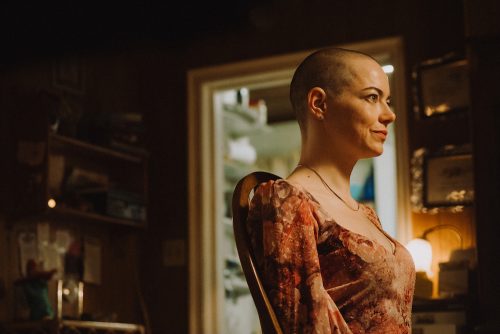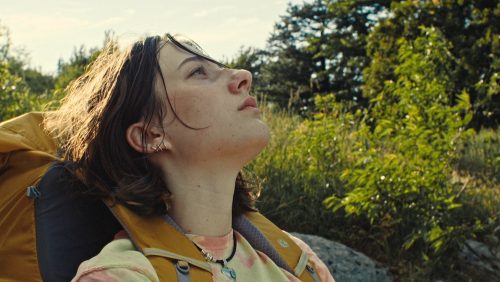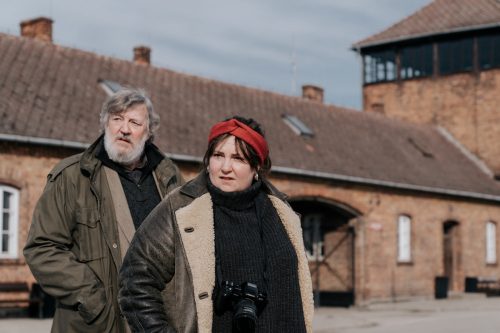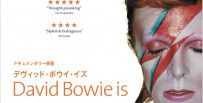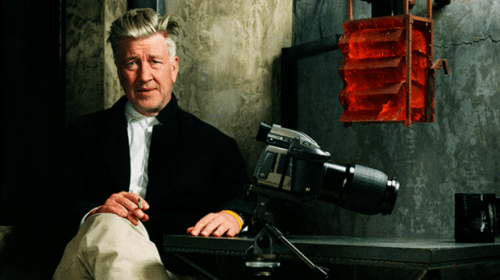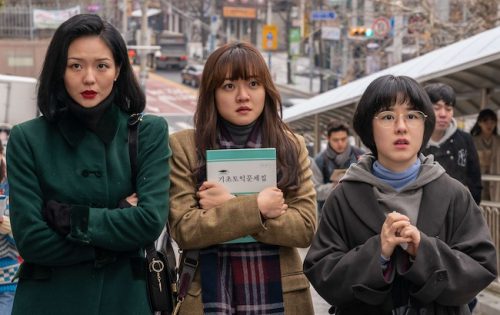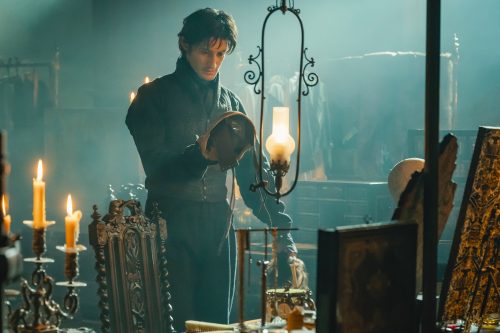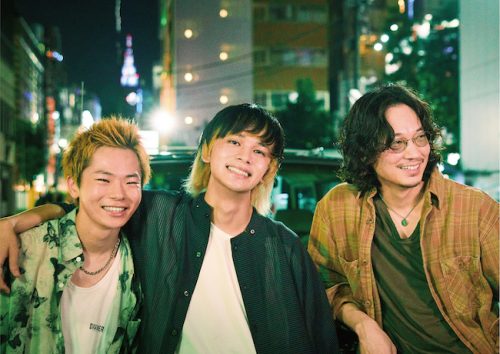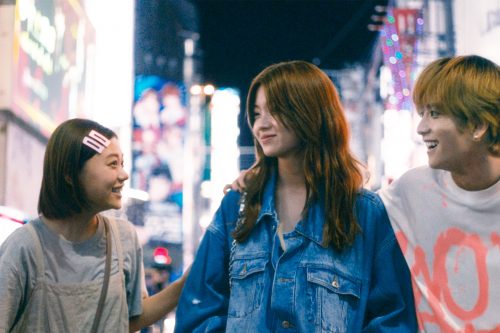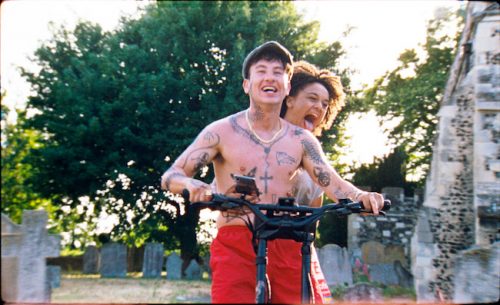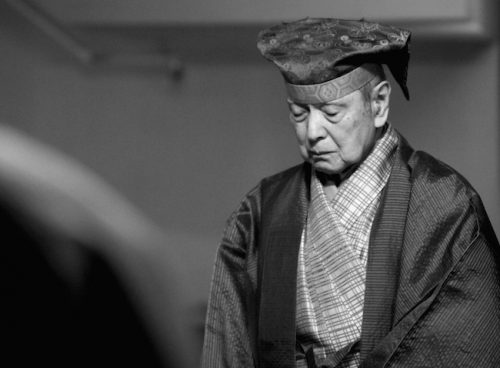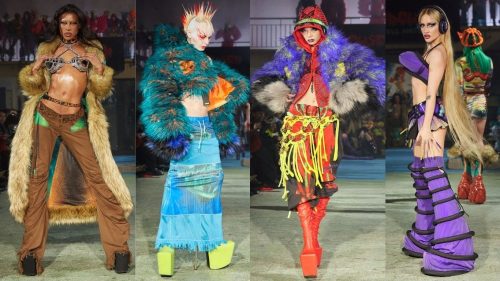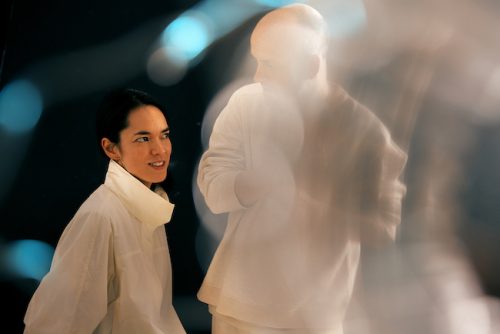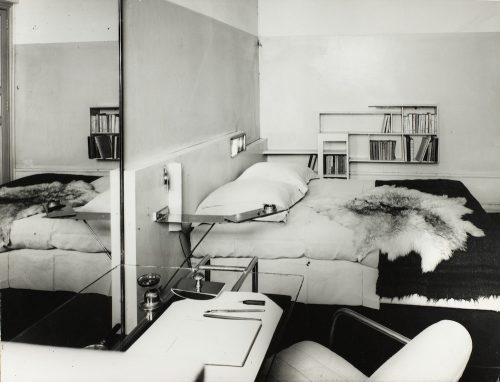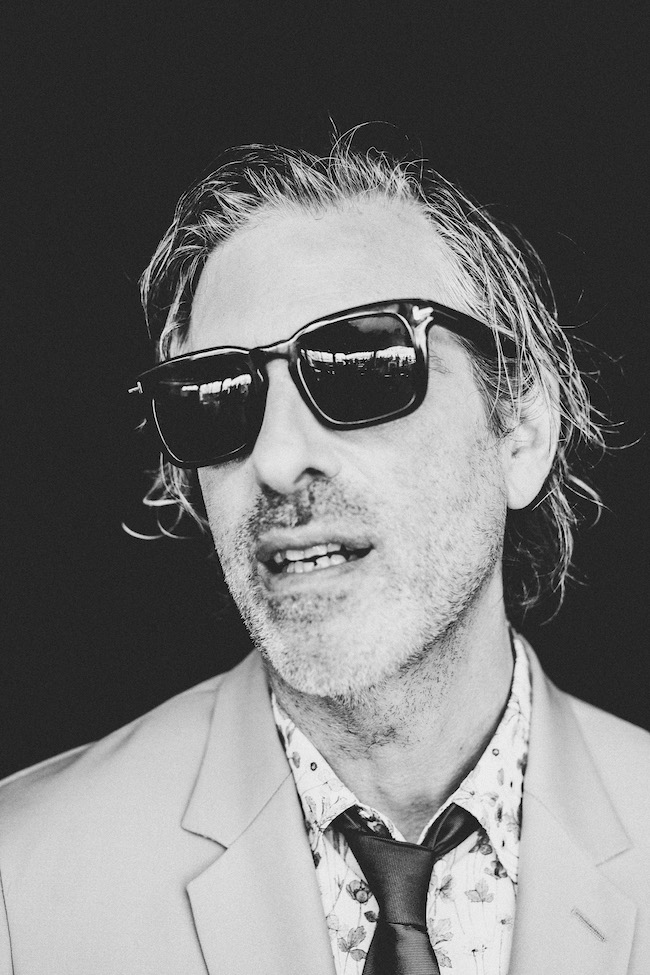
CANNES, FRANCE – MAY 23: Filmmaker Brett Morgan poses for a portrait during the 75th Cannes Film Festival on May 23, 2022 in Cannes, France. (Photo by Francois Berthier/Contour by Getty Images)
――We all know that David Bowie is such a legend. Why did you decide to make a movie about him?
Brett Morgen: I was at a screening of “Kurt Cobain: Montage of Heck” in Austin, Texas, at SXSW in 2015. I happened to be accompanied by David Fricke who was doing an article on “Montage” for Rolling Stone. And David walked out of the screening and said, “I’ve seen Nirvana play 12 times, but that is as close as any of those people will ever get to experiencing Nirvana.” And I had an epiphany that we listen to music by ourselves in very substandard conditions. Arguably, even the worst cinema has better sound system than anyone has at their home. What if we can take over the IMAX cinemas to create a music experience, one that is void of biography or facts and can really empower us and enable us to swim in the mystery of art. So that came first, and then from there, I came upon doing the first film in the series on David Bowie.
――It felt like I saw flashbacks of his life through this film. And it’s really amazing to have Bowie himself tell us his own stories.
Brett Morgen: Well, he told the story that way, and I took all my cues from him in terms of how to construct the film and what ideas the film would sort of be invested in. The idea of having him tell the story himself was something that I know that he was interested in. He had a distaste for talking head documentaries, where experts tend to define and own the truth, and Bowie just really lent himself as an artist to this sort of investigation.
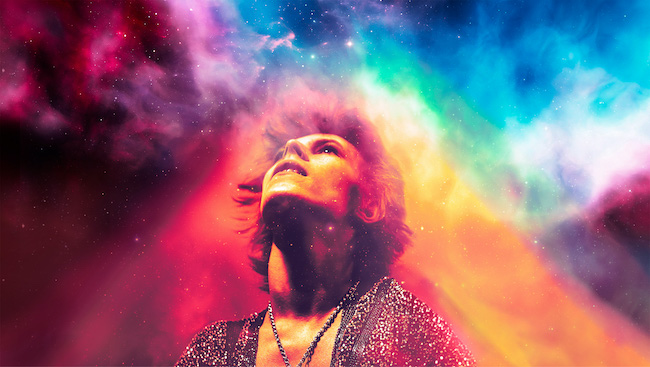
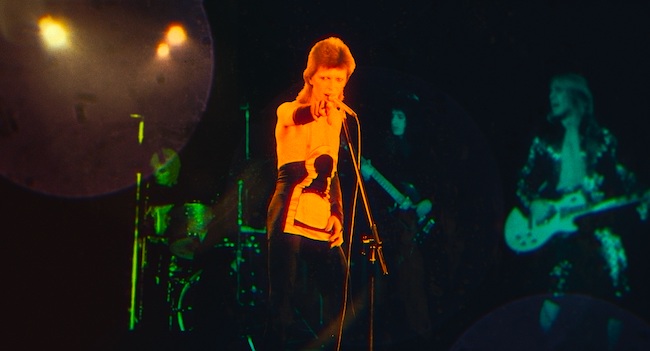
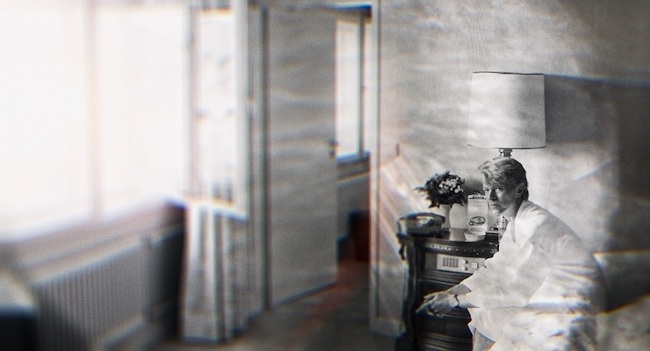
――I read that you were granted full access to Bowie’s personal archives, and it took two years for you to look through everything. What was the experience like? And what were some of your favorite clips out of everything?
Brett Morgen: I don’t know if I have a favorite clip. I feel like the sum total of that experience was mind-blowing, because David was never anything but inspiring, genuine, present, eager to learn and exchange information. I found myself more inspired by the end than I was at any point, I just wanted to go back and do it again. The experience of that was translated onto this film. So when he says, “I want to have the greatest adventure of anyone who walked the earth,” I watched that. That’s what I felt like I was observing. And when he says, “I’ve had a wonderful life, I’d love to do it again,” I felt that I had observed that.
――You also had some health issues while making this film?
Brett Morgen: I was working so hard throughout my whole life, and then I had a heart attack. So it wasn’t like I was working so hard on this film, in fact, it was at the very beginning of Bowie. Which again, if I was trying to create a situation for myself that was challenging, embarking on the film without any collaborators from a very compromised health position, certainly was like waddling out into the deep end is definitely I was in it [laughs.] I was in a situation where I was often lost, and I had to really dig deep to find a way out. It wasn’t that watching footage of David wasn’t inspiring, trying to piece it together was really challenging. My wife likes to describe the seven-year process from her perspective, as looking down at the bottom of a well and seeing me trying to climb up. She’s like, “You can do it, you can do it, keep going” [laughs.] And it really felt like Sisyphus, you know, I was just constantly moving sand until it came together.
――What were some of the footage that surprised you?
Brett Morgen: I think everything was. I hadn’t really looked at Bowie footage other than the music videos and so I think all of it was really revealing. I think his video art that he made in the mid-70s was rather illuminating, just because it was unfiltered. I was looking at raw footage and I could hear him talking about it. And he wasn’t working with anyone. He was by himself in his house or in his apartment. So that was a rare window into unfiltered media, and it was so fascinating to see how he was viewing the world and distorting it.
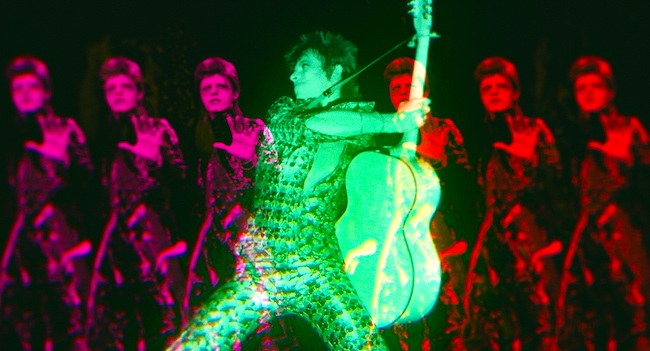
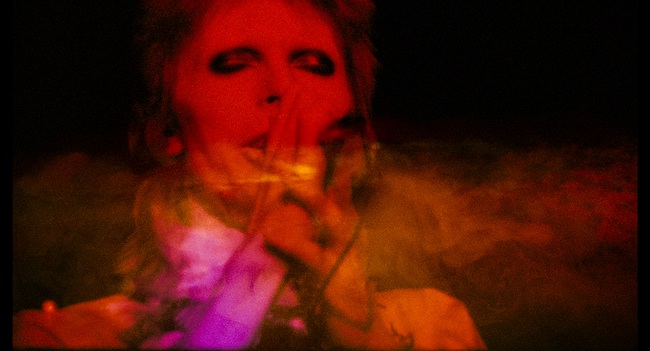
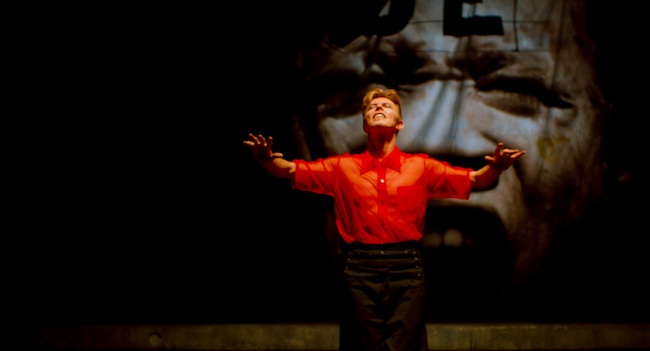
――You can see some rare interviews in this film as well. Especially coming from the only country in G7 nation that still doesn’t recognize same-sex marriage, it’s so fascinating to see how Bowie was already blurring gender boundary some 50 years ago. What do you think of his legacy?
Brett Morgen: I don’t think Bowie die. Bowie is an idea, a principle, a concept that lives within all of us. David Jones passed away. But Bowie was never about David Jones. I think that he wasn’t a futurist. He was sensitive to vibrations and frequencies that were already existing, but that it would take decades for the rest of us to understand and recognize. And as a result, I think in many ways, we’re just coming into a world of Bowie right now. I think when particularly young people who don’t know his whole history go in and experience this film, they’re not looking at someone their grandparents age, they’re looking at a contemporary. And both in terms of his ideas of gender fluidity, his ideas of Neo Buddhism… His philosophy is constructed to reflect the realities of the world that we’re inhabiting right now. Most philosophies or religions were created or constructed for a different society, so I feel like, in many ways, that’s part of why he continues to resonate and vibrate in such a significant way.
――I’m very excited to experience it in the IMAX theater.
Brett Morgen: Yeah, that’s the only way to experience it. I was on the plane yesterday, flying in from London, and they were showing it on the plane. And visually, it’s okay, you don’t need an IMAX screen. But from a sound perspective, I couldn’t listen to the film for three seconds on the plane. Music is generally stereo two channels, so for most films, seeing them at your home off your regular television is not going to be that different. But in this film, we spread all the music out all around the room. That was the reason we wanted to make the film and that can only be experienced in a cinema. I’d like to say that sound should be felt rather than heard. And it’ll be vibrations moving throughout the room.
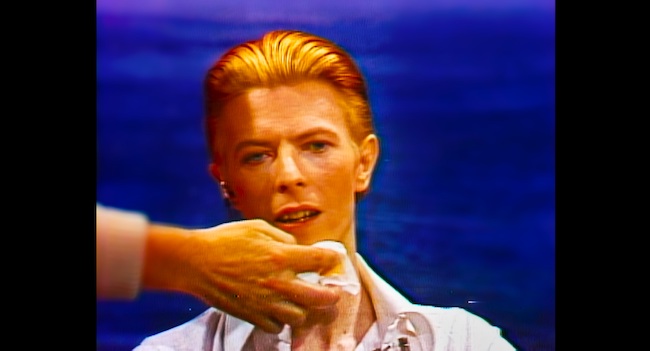
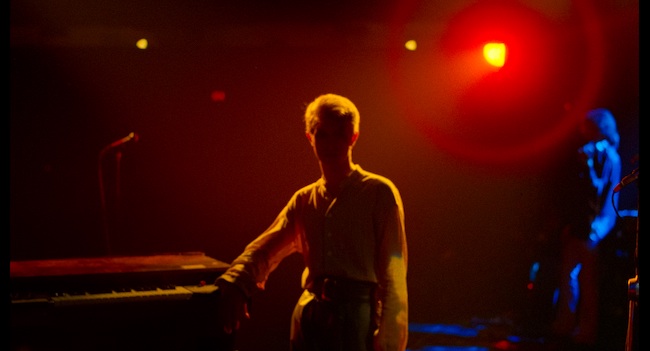
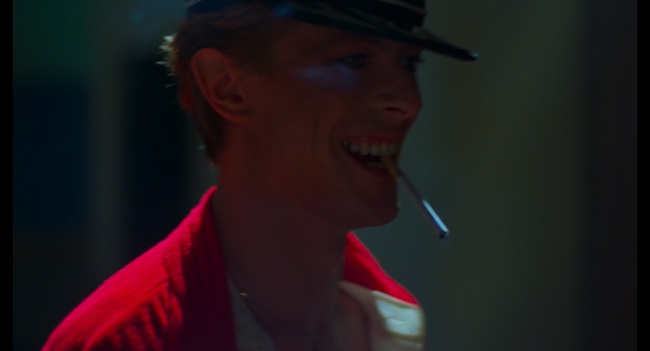
――You’ve created great documentaries especially on artists like Bowie, Kurt Cobain, and the Rolling Stones. What do you love the most about making documentaries?
Brett Morgen: With the music documentaries, I have been very blessed that I’ve been able to do these deep investigations into some of my favorite artists, and have approached each film with kind of a challenge or goal that makes the exercise more satisfying for myself. But I sort of feel that I’m exhausted my journeys with music documentaries. Now I’m coming to believe that there’s so many of them that have been coming out the last two or three years, and they’re not music documentaries, they are infomercials. They’re branded content. If the artists, i.e., the filmmaker doesn’t have creative control, they’re not documentaries, they’re commercials. And 99% of what’s being put out right now are commercials. It’s not art. And I feel like right now, maybe it will change, but I don’t know where else to go with the genre after “Moonage Daydream.” But I’m excited to try something new and different. I leave this space behind and see what else there is to explore.
――What do you think you would remember the most about “Moonage Dream”?
Brett Morgen: The film has been so universally embraced around the world, from Bogota to Anchorage, from Hong Kong to London to Melbourne. We opened in Kiev in Ukraine during the war. I’ve never had a movie that’s traveled so far and been so well received across the board. And it’s encouraging and inspiring to me that in a world as fractured as the current world is, that there can be something that could unite so many different like-minded people from different cultural backgrounds around the world. I think that’s a tribute to Bowie and his ability to break through the noise that our culture produces. The thing I’ll remember is the opening weekend. When we did open, we were in 40 countries on the same weekend. And reading on social media, the similarities of experiences was just awe inspiring.
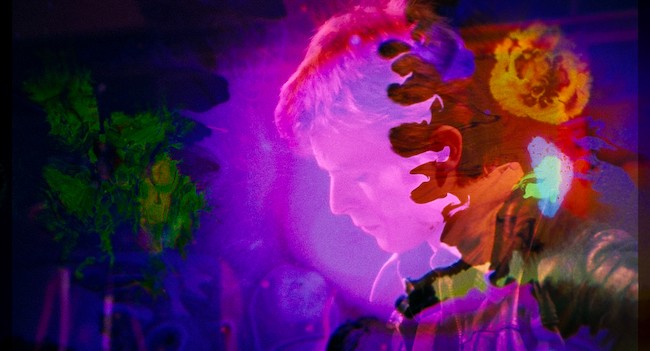
text nao machida
1 2
